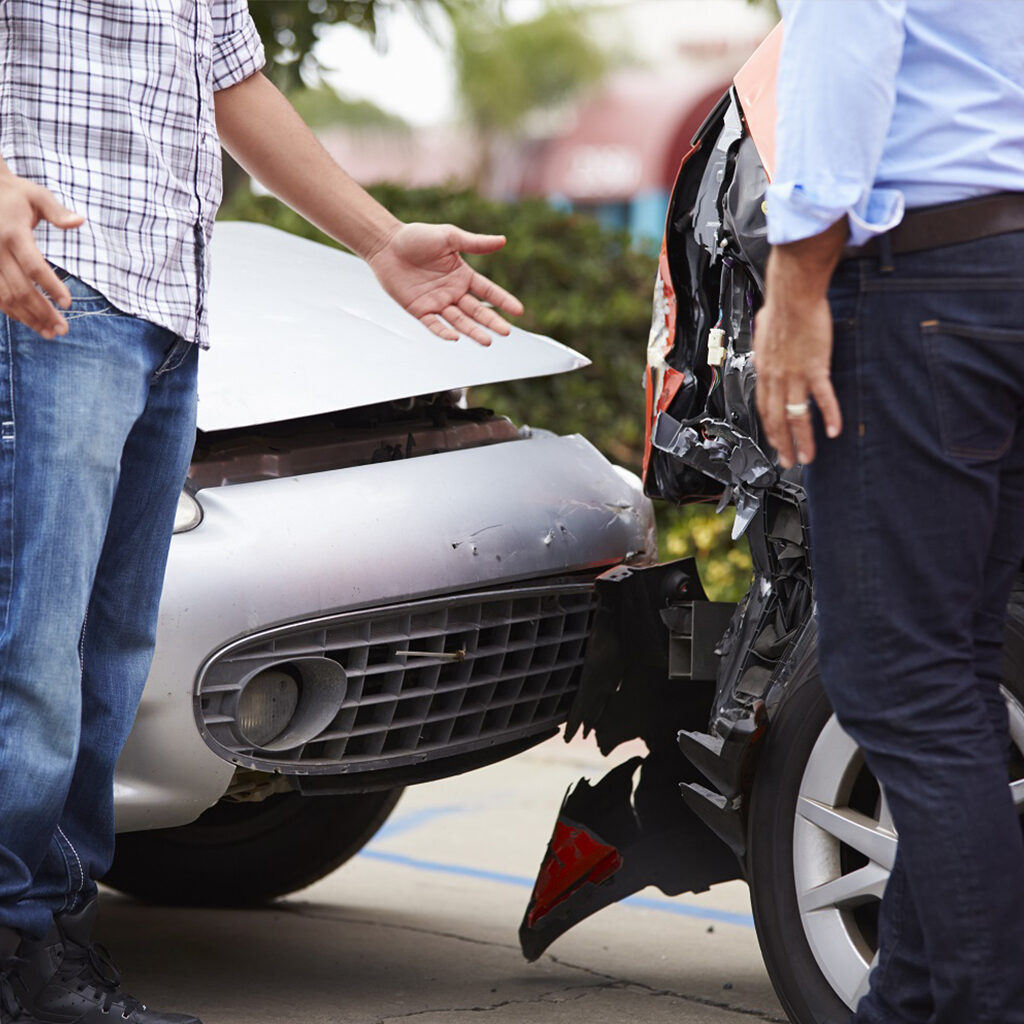MORAL INJURY AND PROPERTY DAMAGE
In the legal field, moral injury is understood as an injury to the moral conscience of an individual, which can be caused by an act perceived as morally transgressive. This type of injury often leads to feelings of guilt and shame, as well as anger, betrayal, and moral disorientation. The recognition of moral damage is given when the so-called “personality rights” of an individual are damaged, and it directly hits the dignity of the human being in their intimacy, honor, reputation and feelings of affection.
In order to configure moral damage, the following is generally necessary: the offending action must have caused some kind of property damage; there must be a direct connection between the damage caused and the moral principle violated; and finally, the violation must have been committed with malice or negligence. In Mexico, moral damages are regulated by the Federal Civil Code and by case law.
Usually, these types of damages are awarded in order to repair the moral injury suffered by the victim and to punish the offender. In some cases, moral damages can also be recovered through extra-judicial means, such as through mediation or arbitration. However, it is always advisable to seek the advice of a qualified lawyer before taking any legal action.

In this context, the personality rights are inherent to the human being, and they can, in certain situations, be extensive to the legal persons. This is provided by article 52 from the Civil Code, and it says: “The protection of personality rights is applied to the legal persons when appropriate”. However, some damages can’t be experimented by the legal person; for example, anguish, pain, suffering, psychic disturbance related to self-esteem or dignity, humiliation, emotional instability, among others.
Moral injury is a type of damage suffered by legal persons, that is, moral damages are those that a company suffers when its good name or image is affected. These damages must be proven, since it is not enough to speak of an offense to the honor of a legal person, it is necessary to show how this has caused damages. In the case of moral injuries, these are generally related to the loss of sales or customers, loss of prestige or reputation and, in extreme cases, the closure of the business.
A moral injury is an intangible loss that is caused by an indiscretion or wrongdoing. It is often associated with property damage, but it can also be caused by libel, slander, or another form of defamation. In order to prove the existence of a moral injury, it is necessary to show that the victim’s reputation has been damaged. In some cases, this can be done by showing that the victim has suffered a financial loss as a result of the injury.
Damages against people are generally associated with physical or psychological injuries. An extreme, but unfortunately recurrent situation is, the compensation for the loss of a life. Generally, when a person is injured physically and/or psychologically, the court is interested in the evaluation of two categories of damages, i.e. economic and non-economic.
The first category comprises moral injury and property damage, whereas the second refers to damages that don’t have a specific economic evaluated, such as pain and suffering or damages caused to the family members. If you need legal assistance in this type of cases, it’s important that you look for an expert like LawInCabo in the field, since these disputes might be very complex.
Moral injury and property damage are often difficult to quantify. However, many courts around the world are increasingly interested in the estimation of the earning capability of the victim. This is generally developed through quite complex econometric models that take into account several important variables specific to the person – such as the functional (innate physical and mental abilities) and the vocational capacity (the interests, aspirations, professional knowledge) – and the market and global conditions.